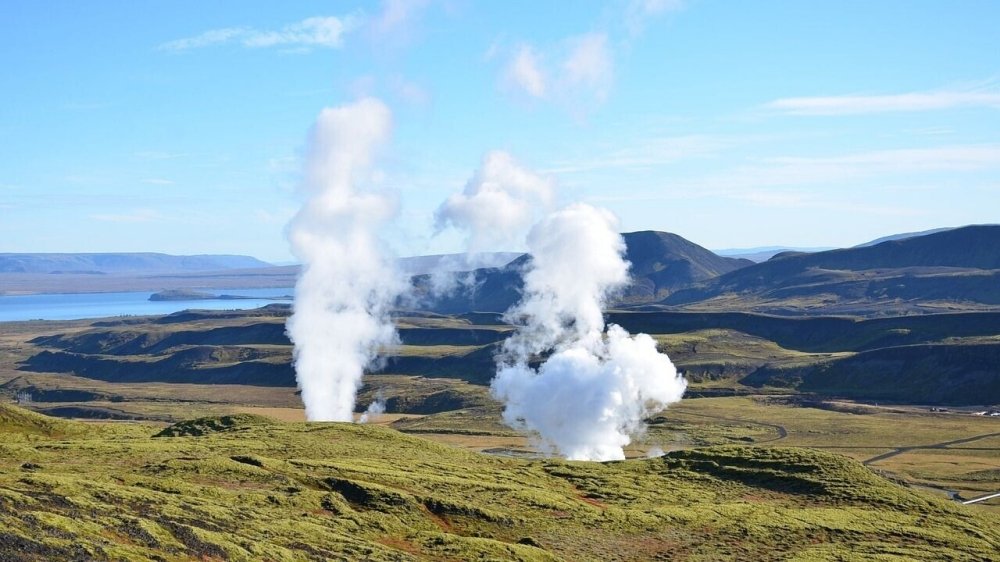Europe has a long tradition of geothermal energy, with Iceland, France and Hungary dominating the landscape. But in recent years, other countries are beginning to be interested.
Their motives are clear: geothermal energy is 100% renewable, endless and reliable. In fact, the interest has increased dramatically amid the effort to reduce our dependence on Russian natural gas.

Currently, Germany is leading the changes. At the end of 2022, the government of the country published a plan which aims for a tenfold increase in geothermal production: 10 TWh by 2030.
"We are sitting on a gold mine," he said AFP Christian Peltl, director of geothermal energy at SWR, operator of a geothermal plant in Munich. “There was really an explosion in the orders since the beginning of the energy crisis".
Meanwhile, the French Govt recently announced a plan for the development of surface and deep geothermal energy. The goal is to produce enough geothermal heat in 15 to 20 years to save 100 TWh of gas annually and achieve zero carbon emissions by 2050. In 2021, geothermal energy accounted for only 1% of the country's final heat consumption, translating to about 6TWh.
Likewise, the Italian government discusses how to support the expansion of geothermal energy, while Hungary aims to upgrade the production of geothermal energy and then to replace about 1-1,5 billionmillions cubic meters of natural gas per year. Europe's largest geothermal heating plant, in the city of Aarhus, Denmark, is expected to be completed by 2030, with the potential to cover 30% of the region's energy needs.
According to the EU data, replacing fossil fuels with geothermal energy could free up up to 25% of the population's energy needs while reducing bills. Geothermal plants could also meet up to 10% of Europe's electricity demand.
It seems that renewable energy is finally getting the attention it needs to boost the continent's energy independence and help meet its climate goals.
Germany's target of producing 10 TWh of geothermal energy is quite ambitious. To realize the goal, the country aims to add at least 100 additional geothermal projects by 2030. These will connect to the heating network and supply energy to residential buildings and industries.
Story by Ioanna Lykiardopoulou/TNW





